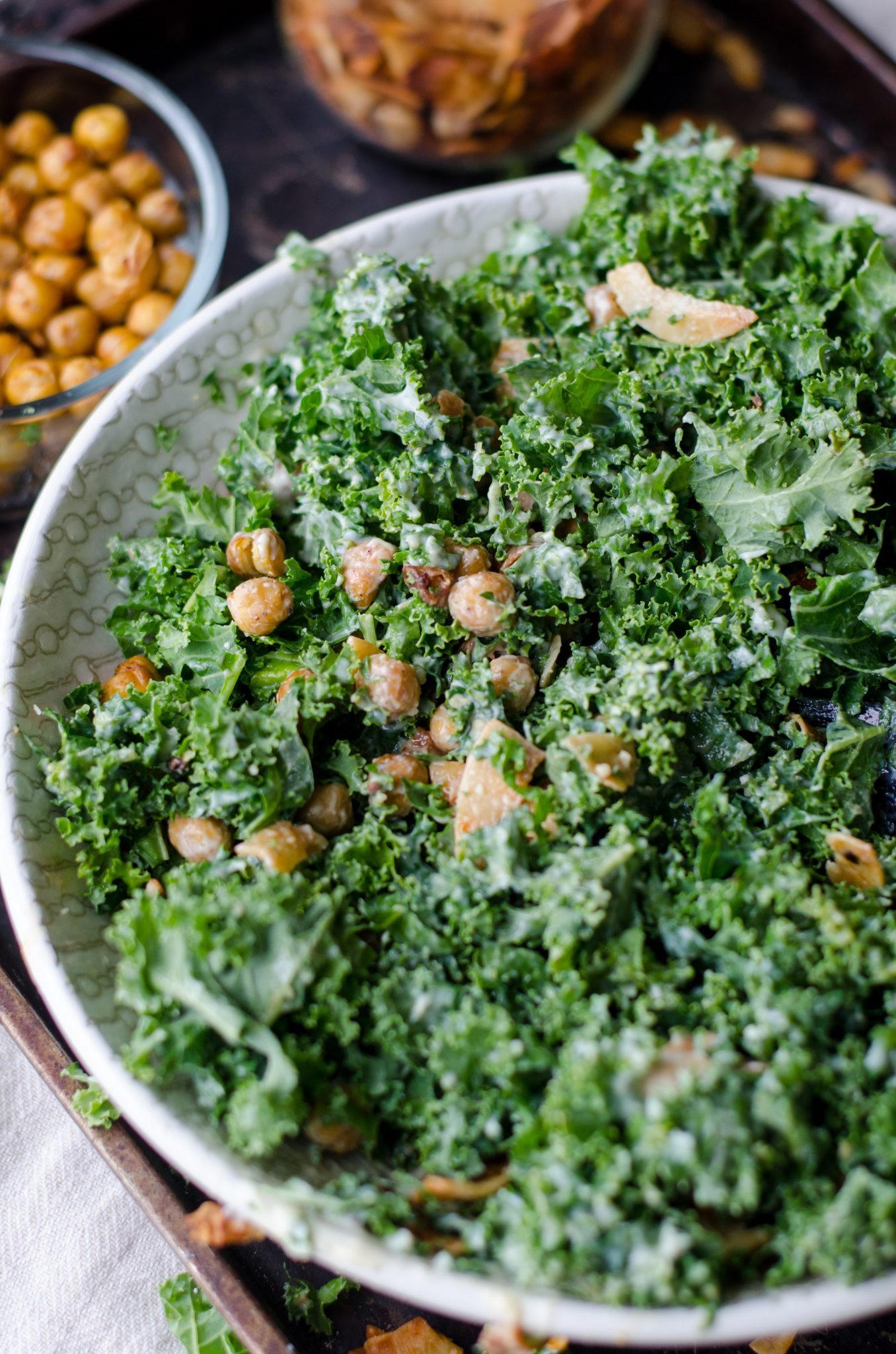An expert fills us in on why stress can impact our gut health so much – and what to do about it.
Just when we thought everything was getting back to normal, everything changes. At least that’s what it feels like at the moment, with everything from our work life to our exercise regimes being flipped on their heads as a result of the pandemic. Inevitably, all this back-and-forth causes changes in our mindsets and our bodies, whether that’s headaches and fatigue from attempting to squeeze in as much activity as possible while we still can or ongoing anxiety about the safety of loved ones.
Everyone has faced their own set of difficulties in this time, but there is one on which many of us are united: the fact that we still just can’t shift the on/off bloating we’ve had since the beginning of the pandemic.
You may also like
The best exercises to ease digestive issues and bloating
What actually *is* bloating?
This is tricky, as ‘bloating’ is hard to define and diagnose. Bloating itself is often a feeling, a sensation of fullness or as though things in our abdomen aren’t moving as they should. Often, bloating will portray itself as distention, where the abdomen is actually enlarged. “Feeling bloated and actually being bloated are two different things,” explains gastroenterologist Professor Dame Kumar from The Princess Grace Hospital.
Studies also show that subjective sensation of abdominal bloating and objective abdominal distention are different, but can both be considered in the diagnosis of bloating.
As for what’s actually going on inside? “There have been radiological studies that show that bloating is to do with having more gas in our stomachs,” she says. Studies show that some reasons for bloating can include impaired gas handling, gut hypersensitivity, and an altered gut microbes.

Why does bloating happen?
There are lots of reasons why we bloat, from our reproductive system to our hormones, but to explain just a few reasons as to why the past few years may be making us feel it more than usual, we turned to expert gastroenterologist Professor Dame Kumar.
Mental health
Professor Kumar explains that stress can lead to bloating. Plus, with more time at home, extra time for introspection can result in over analysing or noticing much more subtle changes that would previously have gone unnoticed or be less significant in our lives. Tip one: try to stop scrutinising your body so much, and show yourself some compassion.
You may also like
Meditation helps our mental health by boosting our self-compassion, study suggests
There’s other mental health considerations to take in to account, too. For many, anxiety levels have been high since coronavirus first hit the UK. And even though the pandemic is over, we now have other things to worry about like the cost of living, Ukraine and general political tumult.
Anxiety is a huge trigger for our gut. “Your bloating may feel worse when you have anxiety because you tend to swallow more air when you’re anxious,” explains Professor Kumar. This is because, when we are stressed, our breath is often the first thing to go. Holding your breath and not dispelling the air, or breathing too quickly, such as during a panic attack, can all be factors.
Anxiety and stress can also leave the stomach lining inflamed and uncomfortable, which could also manifest as bloating. Though it’s easier than it sounds right now, taking steps to reduce anxiety might help reduce physical discomfort. Talking to a professional about it is also crucial.
You may also like
Easy breathing techniques to help anxiety and boost energy levels in lockdown
Gassy foods
Of course, food can be to blame too. “Certain foods ferment and release gas in your stomach, which will lead to bloating,” explains Professor Dame Kumar. “That’s true for beans and a lot of leafy greens.”
If you have started to experiment more with veganism recently, turning to plant-based foods with chickpeas, that might explain your bloated stomach. So will it for those who have been upping their vegetable intake, perhaps to increase their vitamin intake or boost immunity.
You might be surprised that Professor Kumar isn’t laying the blame on the comfort food we have been turning to during this time. After all, how often do you hear people complain about bloating when they have eaten something hearty? “People do say that they feel bloated after those foods, but what they probably mean is just that they are overfull. High-fat meals stay in the stomach longer, delaying the emptying of the food,” explains Professor Kumar.

Eating quickly is also a big bloating trigger, says Professor Kumar. She explains that if we don’t chew food properly it puts more stress on the digestive system and also means that we, again, swallow more air, leading to bloating.
Those with digestive issues should know what trigger foods to avoid, but if you are worried about allergies or conditions such as IBS, make sure you talk to your GP.
Lack of movement during the day
Exercise can help with bloating in both the short term and long term. Immediately, it encourages food and gas to move through the gastrointestinal tract. But exercise will also strengthen the abdominal muscles that help gas move through the digestive system, meaning that sustained exercise can reduce the risk of bloating.
If you’re super static on your WFH days, then you may find that your bloating is worse when not in the office. Luckily, there’s an easy solution for that: implement some more movement into your day. Go for a short walk after lunch or dinner and you may start to notice a difference.
If you are worried about your bloating, make sure that you talk to your GP, especially if you are concerned that it may be related to your mental or physical health.
Image credit: Getty, Unsplash
Source: Read Full Article
